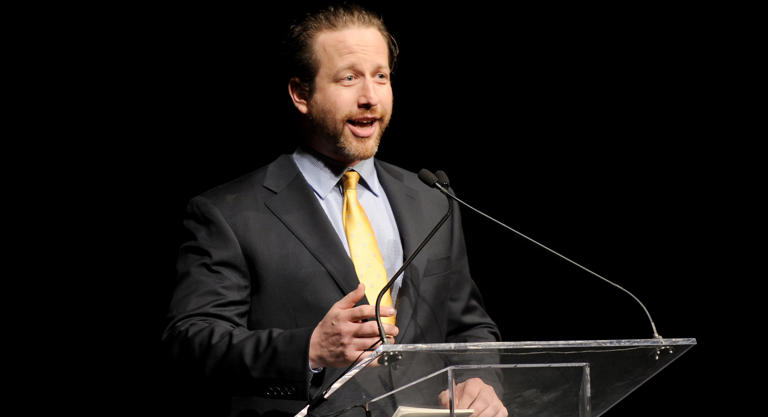In the upcoming fall election, California voters will have a momentous opportunity to shape the state’s labor landscape by considering a proposal to establish the highest minimum wage in the nation at $18 per hour. This initiative stands out against the backdrop of federal inaction on minimum wage adjustments, with Congress having left the federal minimum wage unchanged for decades. Consequently, the battle for fair wages has shifted to local arenas, where organized labor has utilized ballot measures like the Fight for $15 campaign to advocate for wage increases in states where legislative action has been limited.
However, despite the significance of the proposed $18 minimum wage in California, it has not garnered the expected enthusiasm from key stakeholders such as unions and industry groups. This tepid response can be attributed, in part, to the unique dynamics of California’s labor market, where wages in certain sectors already surpass the proposed minimum. For instance, iconic California businesses like In-N-Out Burger pay their cashiers $20 an hour, while hotel workers in Long Beach earn $23 per hour, and medical assistants statewide are slated to receive $25 per hour soon. In light of these comparatively high wages, the push for an $18 minimum wage has not ignited the passionate support typically seen in similar campaigns.
Leading the charge for the $18 minimum wage initiative is Joe Sanberg, a progressive financier whose personal journey, growing up in a single-parent household that faced foreclosure, has fueled his advocacy for economic justice. Despite his commitment and substantial investment in the initiative—having spent $10 million to qualify it for the ballot in 2022—Sanberg has encountered challenges in gaining momentum and financial backing. While some unions have thrown their support behind the proposal, others have pursued alternative strategies to secure wage increases, including lobbying efforts in the state capital of Sacramento and influencing local government policies.
The $18 minimum wage proposal faces skepticism and concerns about its viability, particularly given California’s complex patchwork of wage laws and the state’s substantial budget deficit, estimated at $38 billion. However, proponents of the initiative remain steadfast in their belief that it will resonate with Californians’ progressive values and address the pressing issue of income inequality. Despite the uphill battle, Sanberg remains optimistic, citing polling data indicating widespread support for the initiative among voters.
As the campaign for the $18 minimum wage initiative unfolds, its success will hinge on its ability to mobilize grassroots support, navigate complex political dynamics, and effectively communicate its vision for economic justice. Regardless of the outcome, the initiative represents a pivotal moment in California’s labor history and underscores the ongoing struggle for fair wages and economic opportunity.
